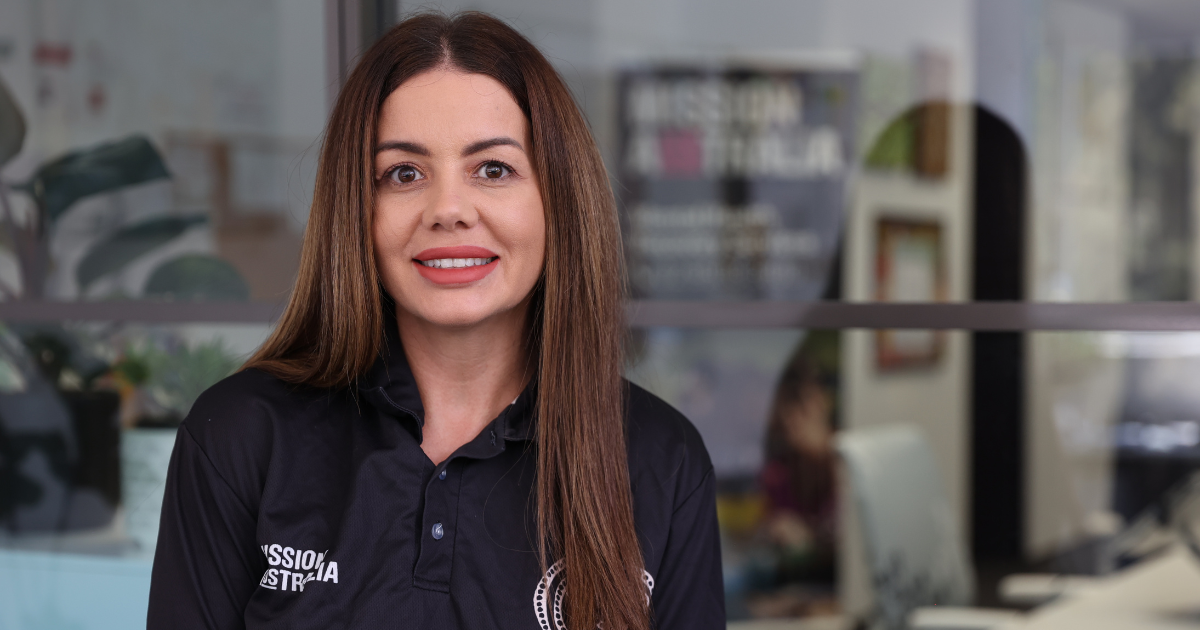A day in the life of a domestic violence specialist
- Details
Caron worked with Sarah* for five months before she started to gain her trust. Sarah's was an extremely high-risk case, involving physical and psychological abuse. Gradually, Caron explored the dynamics of the domestic violence that had caused this mother and her children to experience significant trauma.
At first, Sarah didn't want to leave her home, despite the violence she was experiencing. After months of building a relationship with Caron, however, she acknowledged that her partner was not going to change his behaviour. Courageously, she decided to move to a refuge with her children.
When Caron initially assessed Sarah using the Mission Australia Wellbeing Survey, her ‘self-perception of personal safety’ score was two out of 10. After Sarah had been in the refuge for a few months, her score increased to eight.
Sarah was able to identify that she went from feeling fuzzy, confused and not present for her children, to being focussed, clear and able to engage with them and strengthen their relationship, Caron explains
Sarah has since moved safely to a permanent home with her children, with the assistance of Caron.
Caron, a domestic violence specialist at Mission Australia’s Deception Bay Intensive Family Support Service, works with families like Sarah's that are moderate to high risk. A large proportion of the cases involve domestic and family violence.
Her team use an outreach model, meaning the specialists meet with families in their homes for up to nine months with the aim of ensuring mothers and their children are safe and supported. They use a collaborative, strength-based approach within a child protection framework.
"The most rewarding part of my role is having the opportunity to work with families long term, and create meaningful relationships with them while working towards women and children living free from violence and abuse," Caron says.
The program has a growing focus on providing staff with the knowledge and skills they need to engage with perpetrators through case work, which in turn reduces the risk of women and children being at risk of domestic and family violence. Caron describes this as the most challenging part of her role.
"It's tricky working with perpetrators and trying to encourage them to change their behaviour. The focus of our work is around supporting them to identify their abusive behaviour as a parenting choice, accept responsibility and support them through behaviour change.”
The Deception Bay team participated in four days of ‘Mandel Safe and Together’ intensive training, a highly regarded model from the United States which partly focusses on working with perpetrators.
Mission Australia has a strong focus on providing staff with skills and opportunities to stay up to date with evidence-based best practice around domestic violence. This includes a shift in research to focus on the behaviour change of the perpetrator, Caron says
Domestic and family violence is a major driver of homelessness in Australia, therefore addressing it is one of Mission Australia’s priorities.
Help is available for people experiencing domestic and family violence. If you are experiencing abuse or violence it is not your fault. There are support services that can help you. If your life is in danger, call 000. For other concerns, the National Sexual Assault, Family & Domestic Violence Counselling Line is available on 1800 737 732.
Independence is precious
When you give to Mission Australia, you’re investing in people like Caron, who work all day to secure the safety, restore the dignity, and rebuild the relationships of desperate families.
Please make a donation today or consider leaving a gift in your Will to help families torn apart by domestic violence.
Donate today or Leave a gift*Names are changed to protect the identities of the people we work with.
Related news and stories
Read about what we’ve been working on, our stance on important social issues and how you make a difference to vulnerable Australians' lives.
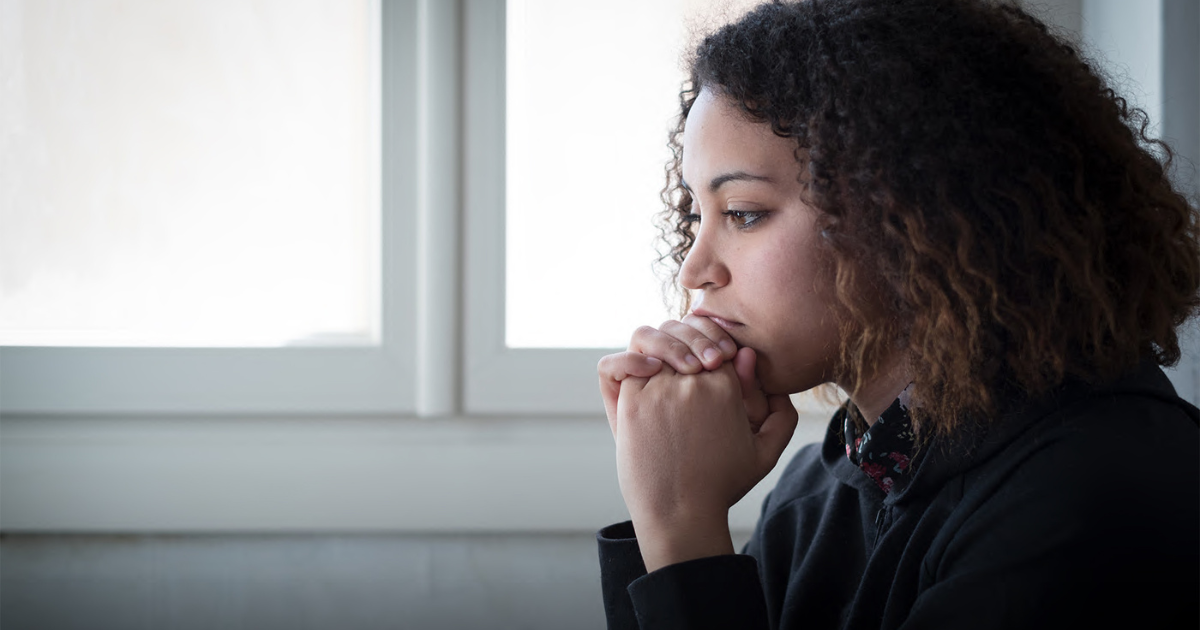
Three priorities at the 2025 Federal Election
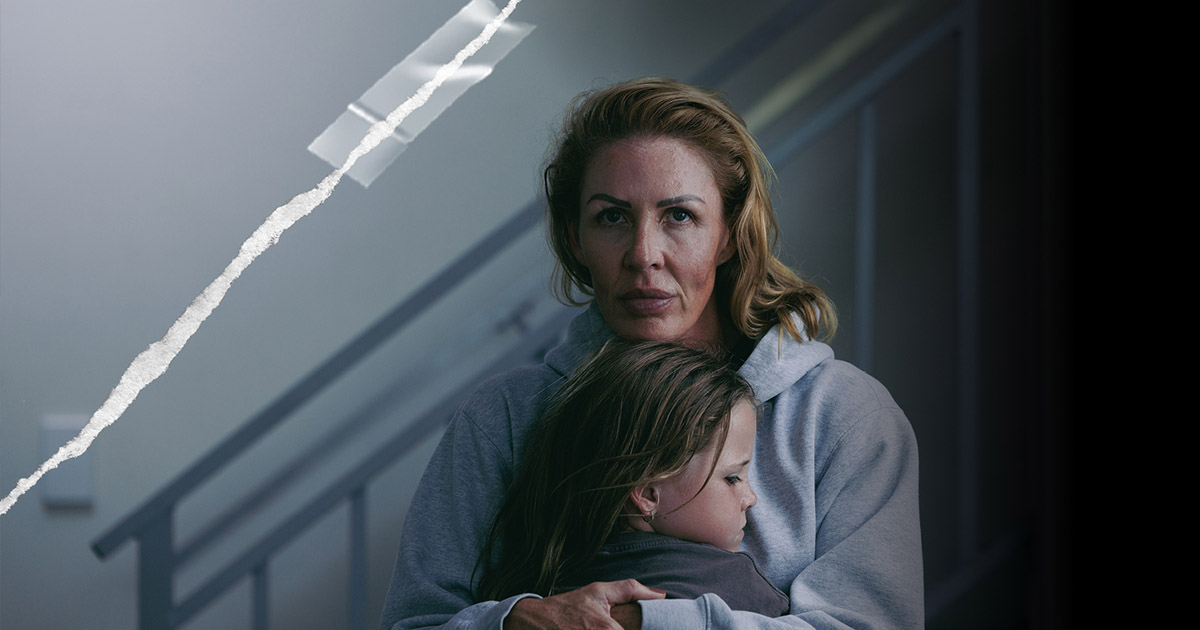
From fear to freedom: Cass’ story

Women helping women: Karla’s story
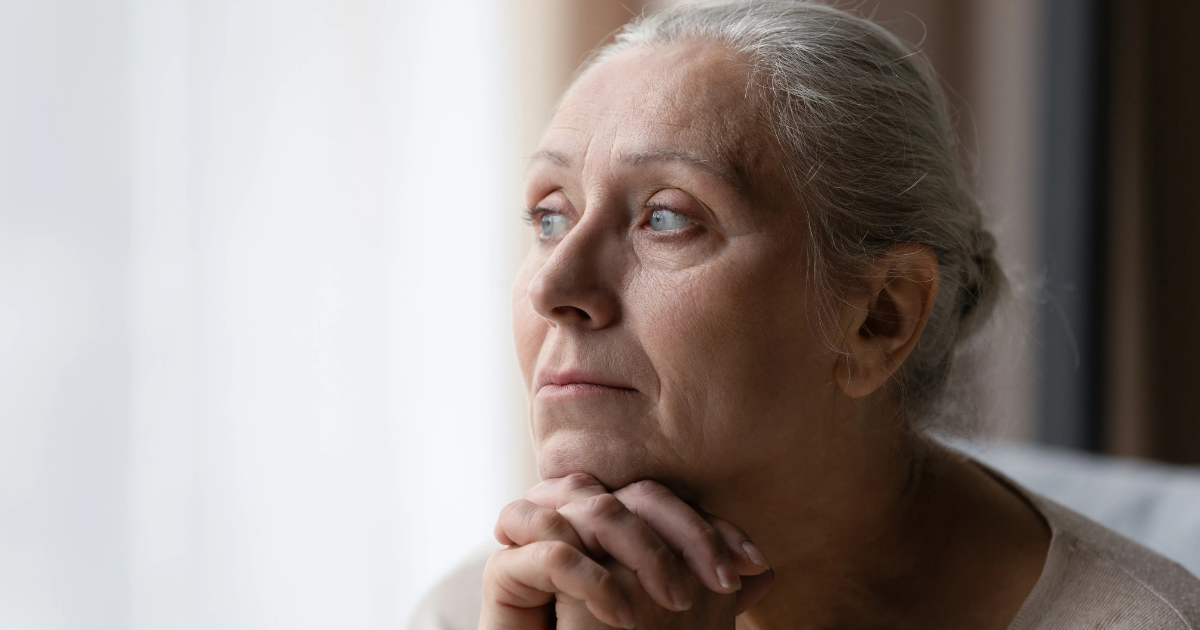
Helping older women find safe homes
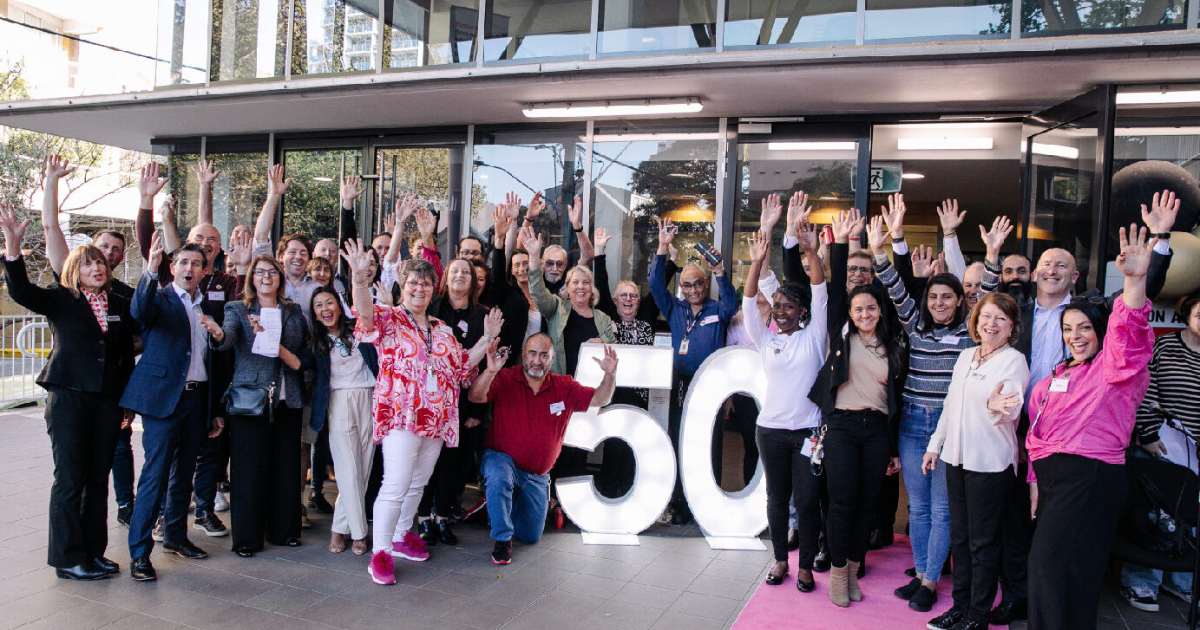
Celebrating 50 years of helping people in Surry Hills
